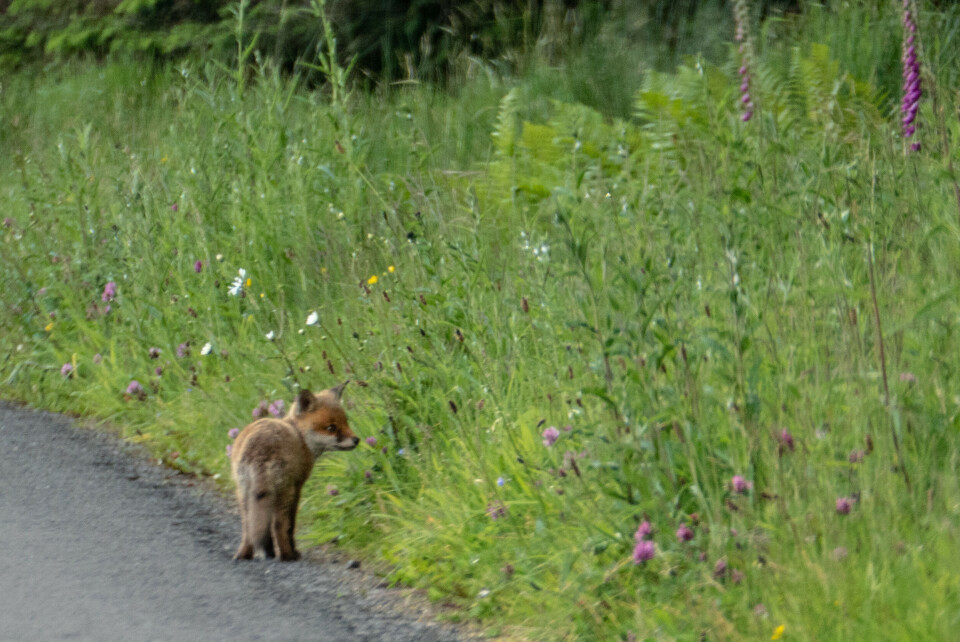-
Exemption from fees to register electric car to end across most of France from May
Applying for a carte grise will soon become more expensive
-
France’s wild garlic season is here – but foragers should beware toxic lookalikes
Spring brings the fragrant plant to woodlands nationwide. We explain what to look out for
-
New agreement to help with home renovations launches in Dordogne
The plan aims to connect citizens with local public renovation services to modernise old housing stock
What to do if you find an 'abandoned' fox cub in France
Often doing nothing is better than unwittingly doing the wrong thing, experts warn

Knowing what to do when you come across a young wild animal in France that has apparently been abandoned by its parents can be difficult.
Take the case of a motorist and his passenger in Haute-Savoie who picked up a baby fox that was lying in the road, and appeared to be completely alone, thinking they were doing the right thing.
But, on calling a vet, the kind-hearted pair were told in no uncertain terms they should have left the animal alone, unless it was injured or otherwise in immediate danger.
"It is better to do nothing than to act badly," warned a wildlife expert at the Tichodrome de l'Isère.
If the fox is uninjured, leave it
If a fox is not injured, leave it where you find it. Young foxes sometimes slip away from their burrows. This is perfectly normal - and in most cases its mother is usually nearby.
If the fox is injured, call the experts
If the animal is injured or in danger, immediately contact a wildlife conservation centre and follow the advice of specialists. They may recommend, in cases such as this, trying to find the burrow to move the young animal closer to its parents.
Wear gloves when moving animals
Always wear gloves when moving young animals to avoid getting human scent on them, which increases the risk of them being abandoned by their parents. If you don't have gloves, rub the animal with leaves and mud to erase your scent as much as possible.
Do not stroke or feed wild animals at home
If you do have to bring a wild animal home temporarily because it is injured or in danger, try not to talk to it or stroke it, or allow pets near it. Put it in a quiet, warm place and do not give it food or drink so that it does not become familiar with humans or pets.
In the case of the Haute-Savoie fox, it is now being cared for by a vet from nearby Thonon-les-Bains.
It is being fed by bottle, as it is so small and has not yet weaned. It will then go to nearby wildlife sanctuary the Centre de Sauvegarde de la Faune Sauvage des Pays de Savoie.
Owning a fox as a pet is illegal in France as they are considered wild animals. Foxes are considered pests and can be hunted to control numbers.
Related stories
Nesting storks choose western France over Alsace
Wolf identified in southeast Vienne is first in a century
Caught on camera: Rare lynx sightings in French Alps
























